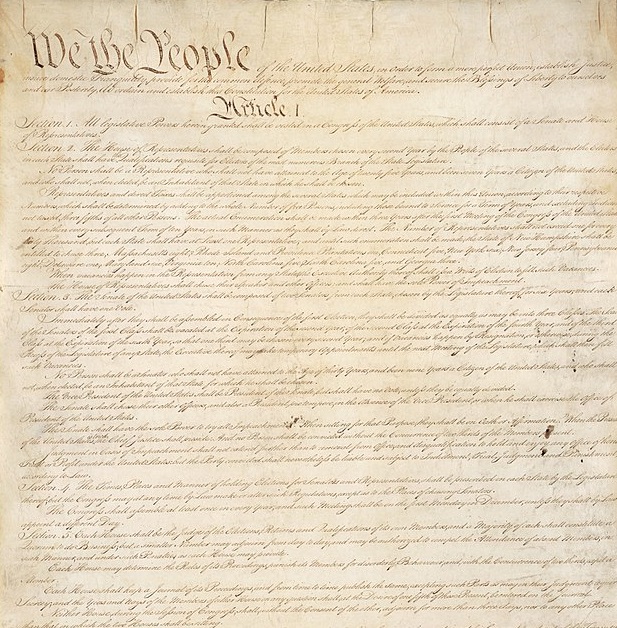
by Richard Subber | Sep 5, 2022 | American history, Book reviews, Books, History, Human Nature, Politics, Power and inequality, Revolutionary War
umm, they forgot about “patriotism”…
Book review:
The Political Depravity of the Founding Fathers:
Studies in the History of The United States
by John Bach McMaster
New York: Noonday Press, division of Farrar, Straus & Company, 1964
Originally published as With The Fathers in 1896
McMaster writes with the perspective of 125 years ago, and it’s all too obvious. However, this is not a fatal problem.
The Political Depravity of the Founding Fathers is a largely chronological elaboration of the many political and self-interested motivations that were the controlling factors in the creation of the Constitution, the Monroe Doctrine, George Washington’s presidency, and a broad scope of public concerns during the 19th century.
McMaster has not written anything like “love ya” biographies of the so-called Founding Fathers.
* * * * * *
Book review. Copyright © Richard Carl Subber 2022 All rights reserved.
Book review: The Sea Runners
…it informs, it does not soar…
by Ivan Doig
–
Above all: Poems of dawn and more with 73 free verse poems,
and the rest of my poetry books are for sale on Amazon (paperback and Kindle)
and free in Kindle Unlimited, search Amazon for “Richard Carl Subber”
* * * * * *
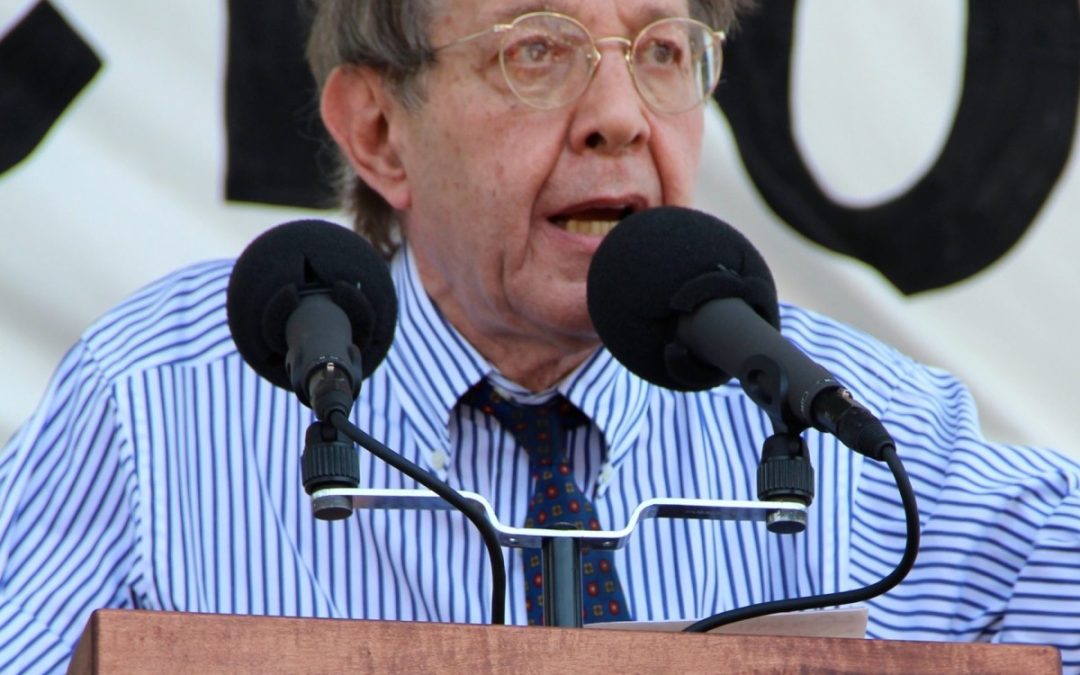
by Richard Subber | Aug 1, 2022 | Democracy, Politics, Power and inequality, Tidbits
Bite off as much as you can chew…
“Pick battles big enough to matter,
small enough to win.”
The wisdom of Jonathan Kozol (b1936)
Public education activist, keen thinker
This quote from Jonathan Kozol is a strategic, actionable version of similar quotations from historic writers:
Voltaire: “The best is the enemy of the good.”
Confucius: “Better a diamond with a flaw than a pebble without.”
Shakespeare: “Striving to better, oft we mar what’s well.”
This is wisdom indeed for those of us who strive to make things better in the political arena that threatens us today.
I’m convinced that it’s worse than foolish to support or vote for a fringe or “outsider” candidate who has sparkling, pure principles and no chance in hell of winning. If you have to, hold your nose in the primary election and vote for the Democrat or Republican of your choice who can actually win the election.
Voting for a more or less surefire loser as a matter of principle—except in the general election—is just like throwing your vote away, and letting everyone else choose the winner.
* * * * * *
Copyright © Richard Carl Subber 2022 All rights reserved.
Book review: Ethan Frome
not being satisfied with less…
by Edith Wharton
–
Writing Rainbows: Poems for Grown-Ups with 59 free verse and haiku poems,
and the rest of my poetry books are for sale on Amazon (paperback and Kindle)
and free in Kindle Unlimited, search Amazon for “Richard Carl Subber”
* * * * * *
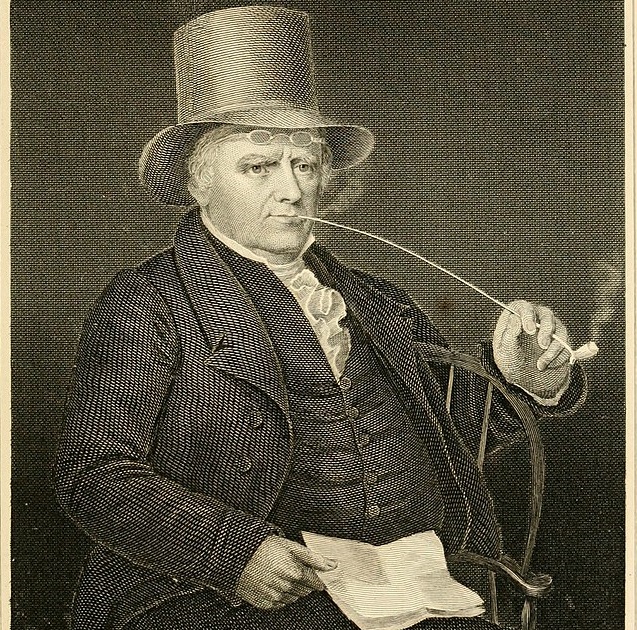
by Richard Subber | Jul 22, 2022 | American history, Book reviews, Books, Democracy, History, Politics, Power and inequality
Partisan politics, just like today…
Book review:
A Magnificent Catastrophe:
The Tumultuous Election of 1800,
America’s First Presidential Campaign
by Edward J. Larson
New York: Free Press, 2007
A Magnificent Catastrophe tells us about yet another nightmare in American history that we don’t know well enough.
Thomas Jefferson and John Adams went head to head in the first presidential campaign that was based on party politics and partisan venality and telling lies for political advantage.
In other words, just like today.
The election outcome in 1800 wasn’t clear cut—the politicians were at each other’s throats, and the public interest was lost in the shuffling.
Politics started getting its bad name more than 200 years ago.
* * * * * *
Book review. Copyright © Richard Carl Subber 2022 All rights reserved.
Book review: Forced Founders
by Woody Holton
The so-called “Founding Fathers”
weren’t the only ones
who helped to shape our independence…
–
As with another eye: Poems of exactitude with 55 free verse and haiku poems,
and the rest of my poetry books are for sale on Amazon (paperback and Kindle)
and free in Kindle Unlimited, search Amazon for “Richard Carl Subber”
* * * * * *
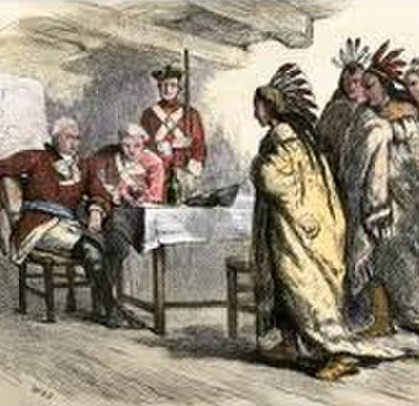
by Richard Subber | Jun 13, 2022 | American history, Book reviews, Books, History, Politics, Revolutionary War
…before the so-called Founding Fathers…
Book review:
The Unknown American Revolution:
The Unruly Birth of Democracy
and the Struggle to Create America
by Gary B. Nash
New York: The Penguin Group: Viking, 2005
The Unknown American Revolution is chock full of facts you probably don’t know about the evolution of the revolutionary spirit in the American colonies.
Here’s a hint: the leather-apron men and other lower class members of what the elites contemptuously termed “the mob” had a lot to do with it.
Gary Nash gives a book full of details demonstrating that there was a whole lot happening in the decades before the shoot-out on Lexington Green and the wrangling in Philadelphia in June and July of 1776.
The point is: there were a whole lot more folks—men and women—involved in addition to the so-called Founding Fathers.
* * * * * *
Book review. Copyright © Richard Carl Subber 2022 All rights reserved.
Book review: The Comanche Empire
this is the other story of the American West…
–
Seeing far: Selected poems with 47 free verse and haiku poems,
and the rest of my poetry books are for sale on Amazon (paperback and Kindle)
and free in Kindle Unlimited, search Amazon for “Richard Carl Subber”
* * * * * *

by Richard Subber | May 23, 2022 | American history, Book reviews, Books, Democracy, History, Politics, Power and inequality, Revolutionary War
ordinary folks had a lot to do with it…
Book review:
The Urban Crucible:
Social Change, Political Consciousness,
and the Origins of the American Revolution
by Gary B. Nash
Cambridge, MA: Harvard University Press, 1979
The Urban Crucible is a densely researched and fully explored comparative history of the economic, social, and political environments in Boston, New York, and Philadelphia during the late 17th and early 18th centuries.
Here’s my hint: there was more well-informed “mob” action than you have read about in other histories.
The early colonial experiences in the three principal seaport towns are vividly contrasted and authoritatively explained. Nash candidly digs deep and deeper into a wide range of primary sources. The sins and the heroics of the leadership elite and the “leather apron” artisans and the anonymous working poor are examined in profoundly realistic historical context.
You can’t read The Urban Crucible and not learn a lot.
* * * * * *
Book review. Copyright © Richard Carl Subber 2022 All rights reserved.
Is the public interested in public interest news?
Isn’t news the new stuff you suddenly want to know?
–
In other words: Poems for your eyes and ears with 64 free verse and haiku poems,
and the rest of my poetry books are for sale on Amazon (paperback and Kindle)
and free in Kindle Unlimited, search Amazon for “Richard Carl Subber”
* * * * * *
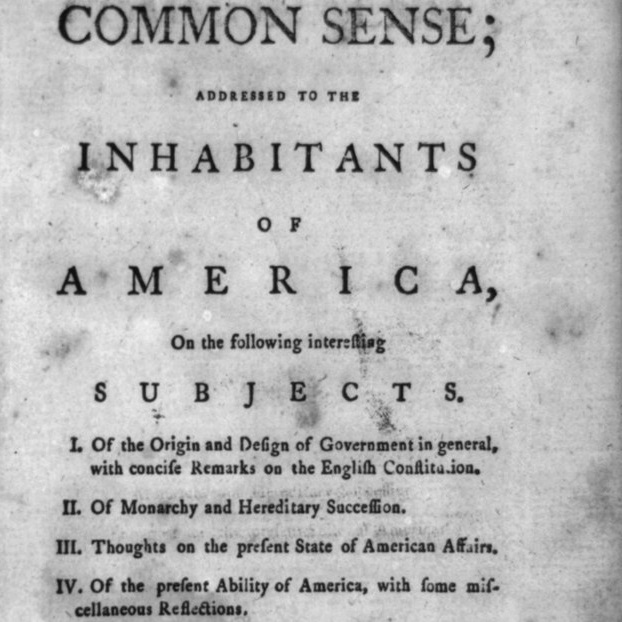
by Richard Subber | Apr 16, 2022 | American history, Book reviews, Books, Democracy, History, Politics, Revolutionary War
He didn’t mention the “k” word…
Book review:
Common Sense
by Thomas Paine
Isaac Kramnick, ed., intro.
New York: Penguin Books, 1986
When I re-read a classic, I try to prepare myself for a couple “aha!” moments and one or two “uh oh!” moments.
I wasn’t disappointed in reading Common Sense this time.
Paine first published (anonymously) his 47-page “pamphlet” on January 10, 1776, after the shooting at Lexington-Concord and before the Declaration of Independence was approved.
Of course, everyone knows Paine argued for “independance” (his 18th century spelling).
This time around, it’s of interest to me to note that Paine very carefully avoided directly challenging King George III by name or even by spelling out his title—the text is full of “k—” references. Paine fully and explicitly described and condemned the bad things that old George was doing and likely to do.
Also, it’s of interest to me that Paine notably includes in his arguments for “independance” that America’s trade and international commerce would be buttressed by separation of the British colonies from Britain. He freely uses “America” and “Americans” in referring to the colonies and the colonists, although a huge majority of English colonists likely thought of themselves as “British” citizens.
Paine gives ample space to biblical themes.
Common Sense was widely and repeatedly republished in 1776 and thereafter—it was astoundingly popular in America, Britain, and elsewhere. Historians suspect that 75,000-100,000 copies were printed.
* * * * * *
Book review. Copyright © Richard Carl Subber 2022 All rights reserved.
The “dime novels” in the Civil War
Think “blood-and-thunder”…
–
My first name was rain: A dreamery of poems with 53 free verse and haiku poems,
and the rest of my poetry books are for sale on Amazon (paperback and Kindle)
and free in Kindle Unlimited, search Amazon for “Richard Carl Subber”





